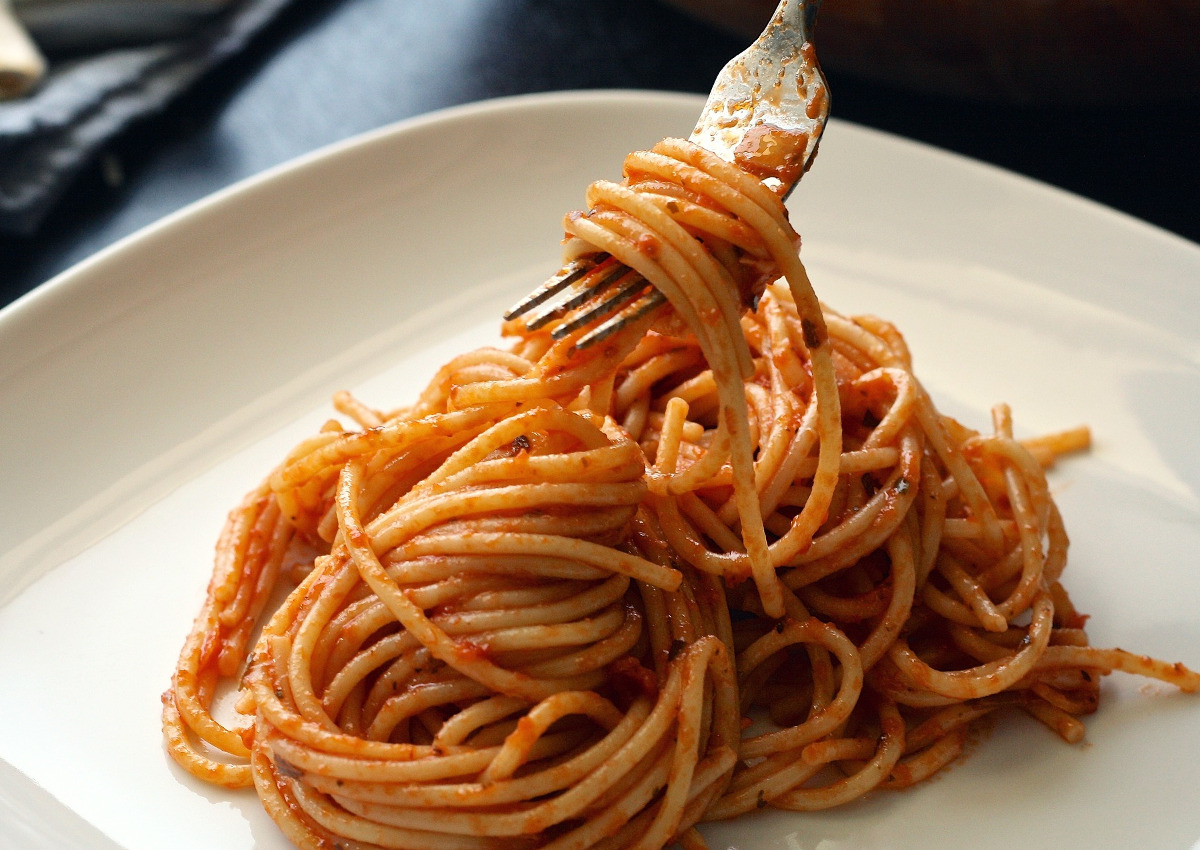Ten years ago the Mediterranean Diet was recognized as an intangible heritage of humanity by UNESCO and even today it is still a growing trend in the world, as the increasing consumption of pasta shows. According to Us News & World Report, the Mediterranean Diet is confirmed as the best in the world.
The popularity of this iconic Italian dish has also increased in countries linked to other food traditions. The reason? The increasingly widespread awareness of how the choices we make at the table impact not only on our health, but also on that of the Planet.
WHY PASTA IS ENVIRONMENTALLY FRIENDLY
Pasta is a symbol of Mediterranean eating, with world consumption rising from almost nine to around 15 million tonnes a year over the past decade. It is a food that is perceived as tasty, healthy and accessible to all. In addition to being environmentally friendly.
A recent WWF study has calculated that a dish of pasta with tomato sauce (100 grams) has a carbon footprint of just 0.492 kg, while the water footprint is only 231.4 liters. Very little when compared to other foods.

The model of the Double food and environmental Pyramid, developed by the Barilla Center for Food and Nutrition Foundation, also shows a lower impact on the planet of the foods at the base of the Mediterranean Diet: from fruit to vegetables, from legumes to cereals such as pasta.
Click here to discover authentic Italian pasta on the Italianfood.net platform
MEDITERRANEAN DIET LOSING GROUND IN ITALY
However, according to the European Journal of Public Health, in Italy, the home of the Mediterranean Diet, there are signs that the population is gradually moving away from this diet. Only 41% of the population in Northern Italy eats following this model, just 16.8% in Central Italy and 42.1% in the South of the country. This is because fast food is preferred, there is less conviviality at the table and less physical activity. Bad habits that are leading to an increase in overweight and obesity among Italian children.

The leading Italian pasta company Barilla is trying to counteract this trend. The group has improved the nutritional profile of over 400 recipes over the last ten years, reducing fat, sugar and salt. In addition to strengthening its offer with a range of wholemeal, cereal and gluten-free pasta products, to which legume pasta has also been added.

